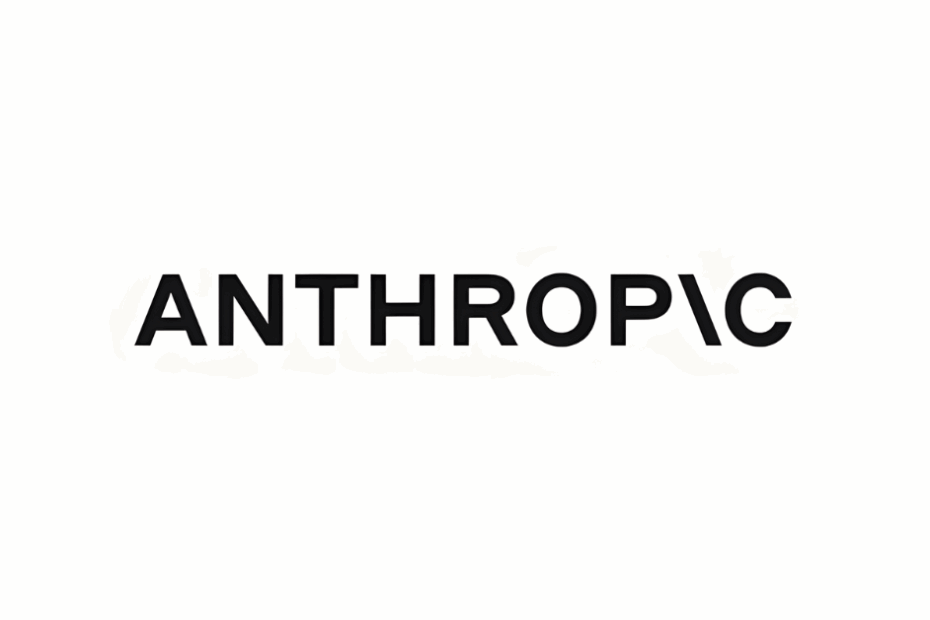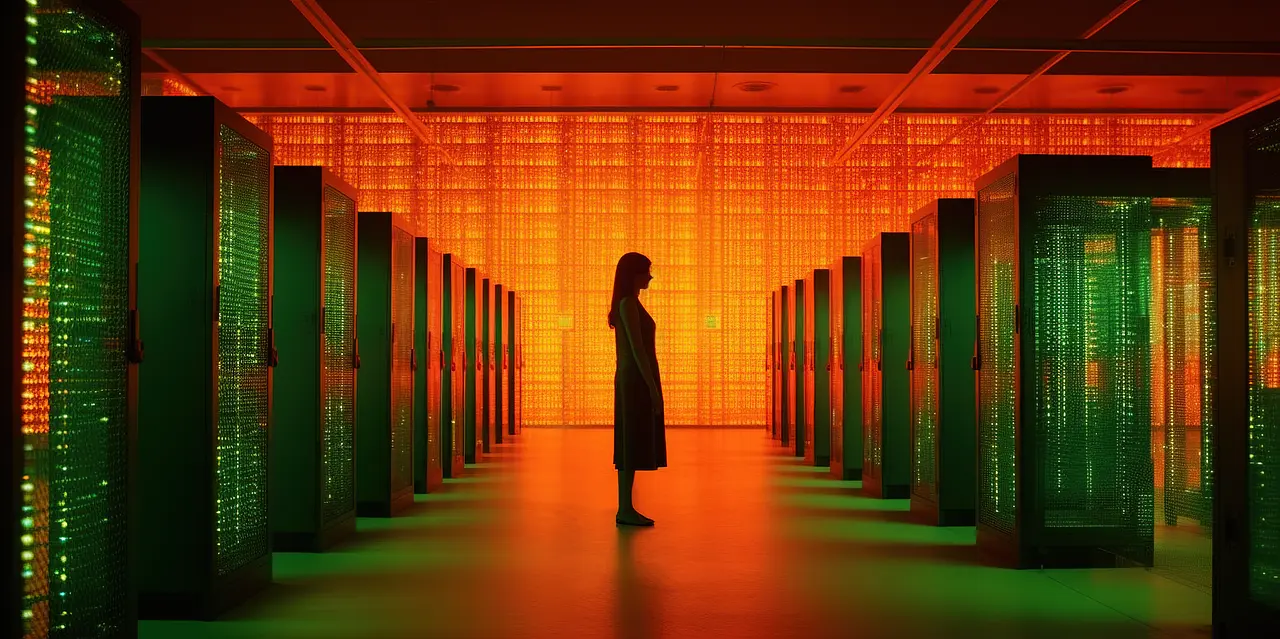Legal experts say the proposed deal could become the largest copyright settlement in U.S. history if the court approves it.
Court filings indicate that the copyright lawsuit filed by a community of authors against Anthropic, the well-known artificial intelligence company, for allegedly illegally training the platform with pirated copies of their books, has led to an agreement for at least $1.5 billion.
As stated by the authors’ lawyer Justin Nelson, “If this settlement is approved, it will be the largest reported copyright recovery in history, surpassing all other copyright class action settlements or any individual copyright case ruled upon.”
The case, which was lodged in California federal court last year, focused on approximately 500,000 published works. Nelson mentioned in a memorandum to the presiding judge that the suggested settlement involves the gross recovery of $3,000 per the work involved.
“It is an incredible result,” Nelson emphasized.
In the case, the plaintiffs contended that Anthropic “committed large-scale copyright infringement” by downloading and “commercially exploiting” books that this company allegedly acquired from pirated websites such as Library Genesis and Pirate Library Mirror.
Anthropic always maintained that their actions under the US copyright law were under “fair use” category. In the latter part of June, the federal judge to whom the case was assigned made a ruling whereby Anthropic’s actions were fair use because the overall impact was “significantly transformative”.
Nevertheless, Judge William Alsup’s decision was attached with vital disclaimers. He said that by downloading pirated copies of books, fair use was not implied.
“The District Court in June rendered a decision that is notable regarding AI development and Copyright law, ruling that Anthropic’s methods of training AI models is Fair use,” said Aparna Sridhar, Deputy General Counsel of Anthropic.
“Should this settlement be approved today, it will take care of the plaintiffs’ remaining legacy claims. We will not relent on our efforts to create secure AI systems that empower people and organizations not only to tackle the challenging problems of the day, but also to extend their capabilities and to advance scientific inquiry.” Sridhar added. The lawsuit was initially brought to court by three authors: Andrea Bartz, Charles Graeber, and Kirk Wallace Johnson. Bartz is a journalist and novelist; Graeber and Johnson are journalists who have published nonfiction books.
Bartz, Graeber, and Johnson did not immediately respond to requests for comments.
The outcome of this case could determine how the rest of the AI platforms and published writers litigations unfold.
John Grisham, George R.R. Martin, the author of “Game of Thrones”, and Jodi Picoult are the ones among a group of nearly 20 bestselling authors that have collectively sued OpenAI, accusing it of employing their intellectual property for free without permission, hence, “mass systematic theft”.
According to Nelson, Anthropic has entered into an agreement with the establishment of a settlement fund through four installments, firstly, a $300 million payment is scheduled within five business days of the court’s approval of the terms.
Nelson’s memorandum to Alsup indicated that $1.5 billion is the “minimum settlement size.” “In case the Works List goes beyond 500,000 works,” he said, “Anthropic will pay an extra $3,000 per each work that the company adds to the Works List beyond 500,000 works.”





